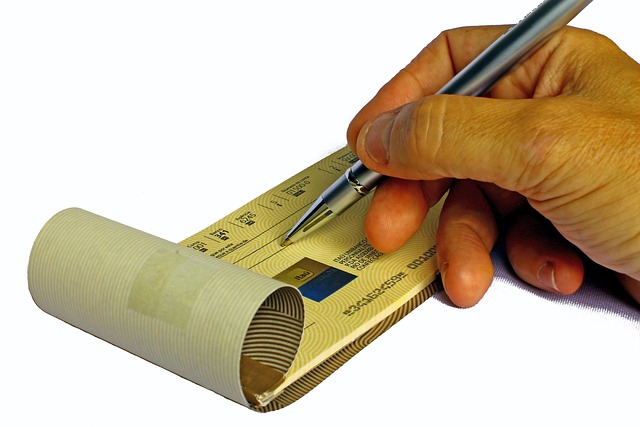Landlords have a legal duty to conduct annual gas safety checks on rental properties, including boilers, cookers, and pipes, to prevent hazards like leaks or carbon monoxide buildup. They should maintain records, ensure proper ventilation, and communicate with tenants about safety procedures. Tenants should report any unusual odors or issues. Compliance is crucial to avoid fines and legal liability, protecting both landlords and tenants.
In the realm of rental property management, landlords have a crucial legal obligation to ensure the safety of their tenants, especially regarding gas installations. This comprehensive guide delves into the intricate aspects of landlord responsibilities for gas safety. We explore the legal duty to conduct regular gas safety checks, the involvement of tenants, common hazards, and the importance of adhering to gas safety regulations. Effective communication strategies between landlords and tenants are also highlighted, emphasizing the significance of a well-informed environment for peaceful coexistence. Remember that understanding these obligations is vital to create a safe and harmonious living space.
- Understanding Landlord's Legal Duty for Gas Safety
- Regular Gas Safety Checks: When and How Often?
- The Role of Tenants in Ensuring Safe Gas Use
- Common Gas Safety Hazards for Landlords to Address
- Compliance with Gas Safety Regulations: Legal Implications
- Effective Communication Between Landlords and Tenants
Understanding Landlord's Legal Duty for Gas Safety
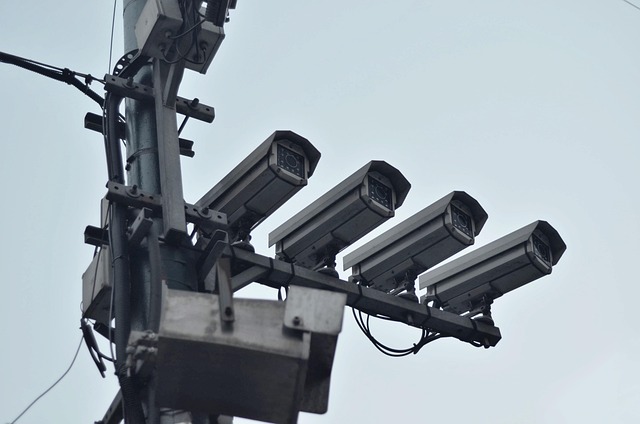
Landlords have a legal obligation to ensure that gas appliances and systems in their rental properties are safe and comply with regulatory standards. This includes conducting regular gas safety checks to identify potential hazards, such as leaks, faulty installations, or outdated equipment. The frequency of these checks is governed by law, typically requiring them every 12 months.
When to schedule gas safety checks is a crucial consideration for landlords. What does a gas safety certificate cover? These inspections ensure that all gas appliances, from boilers and cookers to pipes and fittings, are in good working order and pose no risk to tenant safety. By comparing gas safety check costs among qualified professionals, landlords can maintain compliance while managing their properties effectively.
Regular Gas Safety Checks: When and How Often?
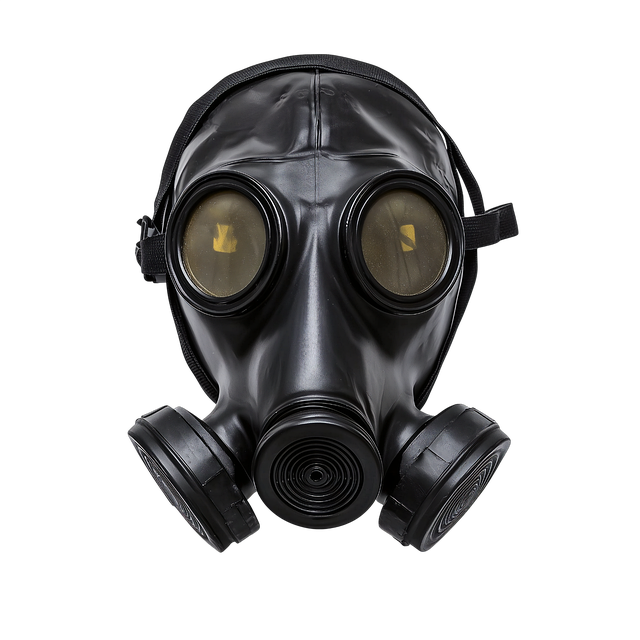
Landlords have a legal obligation to ensure the safety of their tenants when it comes to gas appliances in their rental properties. Regular gas safety checks are paramount to meet these obligations and protect both the landlord and tenant from potential hazards. It is recommended that landlords prepare their property for gas inspectors by scheduling inspections at least once a year, although more frequent checks may be necessary for older rental properties.
The frequency of these checks depends on various factors, including the age of the property, the type of gas appliances installed, and local regulations. For instance, rental property gas safety requirements often mandate that specific components like boilers, furnaces, and gas pipes be inspected and maintained regularly to prevent leaks, carbon monoxide buildup, or other dangerous situations. Landlords should prioritize gas safety for their tenants by adhering to these guidelines and ensuring their properties are in compliance with local laws governing landlord legal obligations in terms of gas safety.
The Role of Tenants in Ensuring Safe Gas Use

Tenants play a crucial role in ensuring safe gas use within rental properties. Beyond simply reporting any potential issues, they should be proactive in maintaining gas safety by regularly checking appliances and fixtures for signs of damage or leaks. This includes familiarizing themselves with the location and operation of emergency shut-off valves, as well as understanding the proper usage of gas appliances to prevent accidents. Tenants are also responsible for keeping their living spaces free from obstructions that could impede proper ventilation, thereby reducing the risk of gas buildup and potential explosions.
Regular interaction between tenants and landlords is vital. Tenants should communicate any concerns or notice unusual odors or sounds related to gas. Landlords, in turn, are obligated to conduct regular landlord gas safety checks and maintain records of these inspections. By adhering to these practices, both parties can avoid fines with proper gas safety checks, ensuring the well-being of everyone living in the property while addressing potential issues before they escalate into dangerous situations. Is annual gas safety check mandatory? While specific regulations vary by location, proactive measures and open communication are key solutions for poor gas ventilation.
Common Gas Safety Hazards for Landlords to Address

Gas safety is a critical aspect of landlord responsibility, and identifying potential hazards is an essential step in ensuring tenant well-being. Common risks include faulty gas appliances, incorrect installations, and inadequate maintenance. Landlords must address issues like old or damaged gas lines, corroded pipes, and outdated appliances that may leak harmful gases like carbon monoxide. Regularly scheduling and preparing for landlord gas safety checks is vital to mitigate these risks.
To prepare your property for gas inspectors, ensure all gas-powered devices are well-maintained and up to date. This involves checking for proper ventilation, ensuring gas detectors or alarms are functional, and regularly inspecting the condition of gas connections. By taking proactive measures like these, landlords can demonstrate their commitment to tenant safety and avoid potential legal issues related to gas safety standards.
Compliance with Gas Safety Regulations: Legal Implications
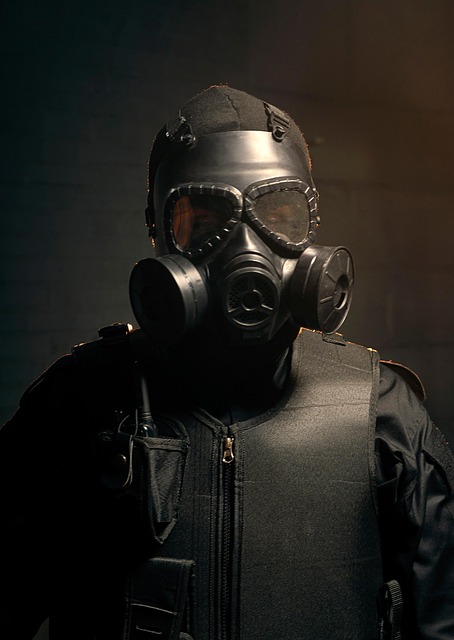
Compliance with Gas Safety Regulations is not just a moral obligation for landlords; it’s also a matter of significant legal significance. Failure to meet these standards can lead to severe consequences, including substantial fines and potential imprisonment. Landlords are legally bound to ensure that gas appliances in their properties are safe and well-maintained to protect tenants from gas hazards. This includes regular landlord gas safety checks, keeping records, and providing evidence of compliance upon request.
Non-compliance can result in civil liability for personal injury or death caused by gas defects, as well as criminal charges for negligence or intentional endangerment. Moreover, how to spot fake gas safety certificates is a crucial consideration; landlords must verify the authenticity of all documents to ensure genuine certification. By adhering to these regulations, landlords not only fulfill their legal obligations but also demonstrate a commitment to the safety and well-being of their tenants.
Effective Communication Between Landlords and Tenants
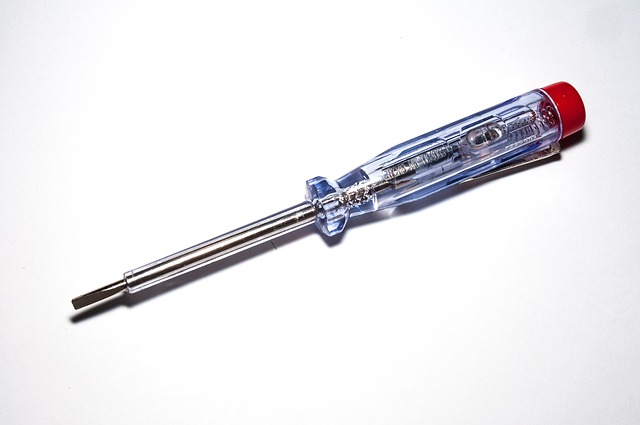
Effective communication is a cornerstone of successful landlord-tenant relationships, especially when it comes to landlord legal obligations gas safety. Landlords must clearly articulate the importance of regular gas safety checks to their tenants. This includes explaining potential risks associated with faulty gas appliances and the consequences of neglecting routine maintenance. By fostering open dialogue, landlords can ensure tenants understand their role in maintaining a safe living environment.
Tenants should feel comfortable reaching out to their landlord or property manager regarding any concerns related to gas safety. Promptly addressing issues like unusual odors, noisy boilers, or uneven heating could prevent serious hazards. Encouraging tenants to report such problems enables landlords to arrange emergency plumber Bromsgrove services for boiler repair or conduct necessary landlord gas safety checks, thereby upholding their legal duties and protecting tenant well-being.
In ensuring a safe living environment, landlords have a legal obligation to maintain gas safety. Regular checks are paramount to identify potential hazards, with guidelines suggesting annual inspections or more frequent assessments in certain circumstances. Tenants play a crucial role in this process by reporting any concerns and adhering to safety practices. By addressing common hazards and staying informed about regulations, landlords can avoid legal implications and foster effective communication with tenants, ultimately creating a secure space for all. Regular landlord gas safety checks are not just recommended—they’re required for the well-being of everyone involved.
